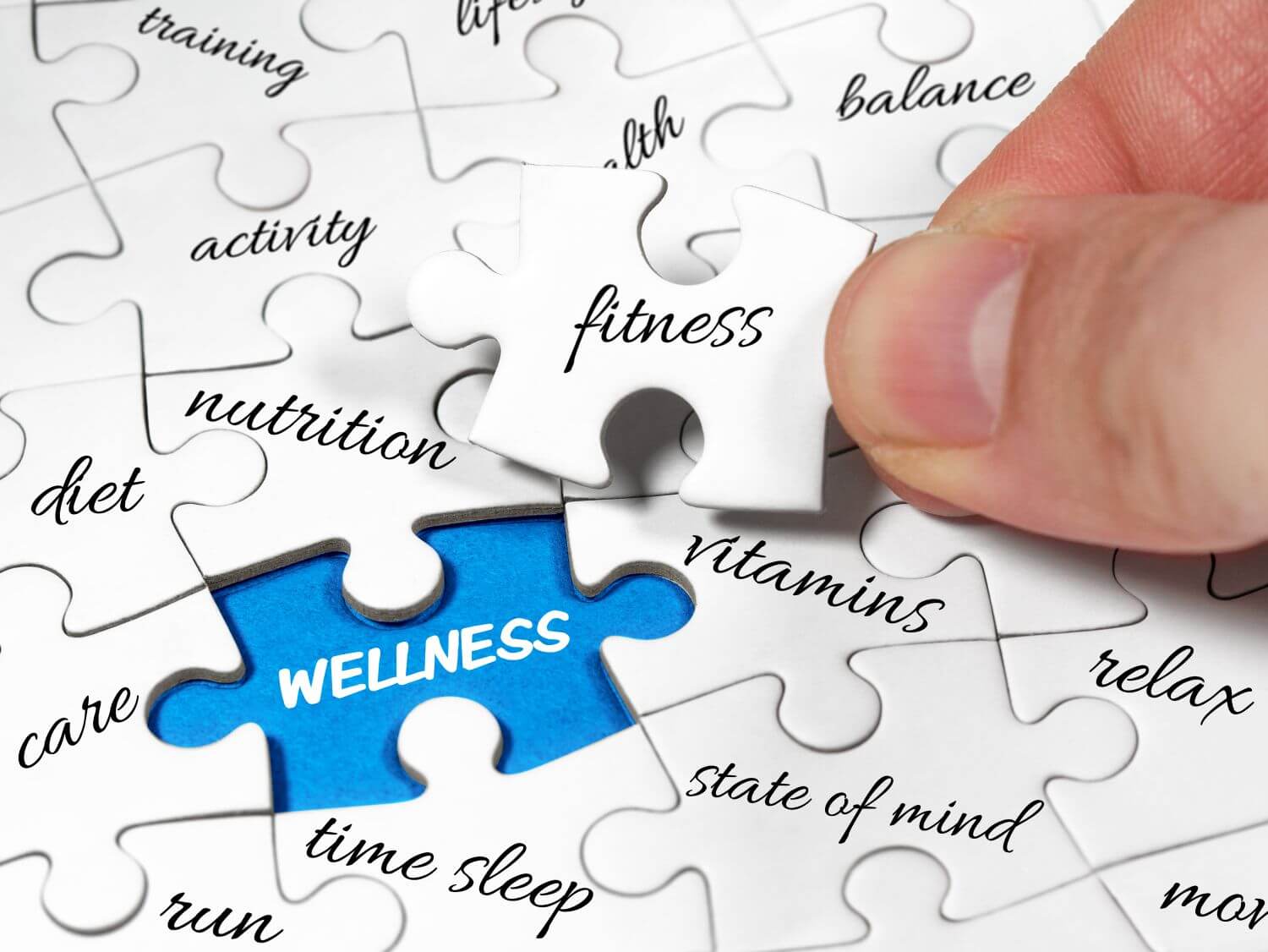
Therapy and Counseling Services
Many people benefit from seeing mental health professionals. Therapy helps in understanding one’s thoughts. Behaviors. And emotions. Various forms of therapy exist. Such as cognitivebehavioral therapy (CBT). Psychodynamic therapy. And more. A therapist provides guidance. Support. And techniques for coping with life’s challenges effectively. solutions to mental health issues
Counseling sessions allow individuals an opportunity for open discussions. Often. These sessions lead to valuable insights about oneself and one’s relationships. In addition. Professional guidance often makes difficult situations more manageable. Professionals ensure a safe. Nonjudgmental environment.
Regular therapy sessions foster continuous personal growth. For those facing mental health challenges. These can be instrumental in making positive changes. Many therapy options exist based on individual needs and circumstances.
Medication and Pharmacological Treatments

Some mental health conditions benefit from medication. Antidepressants. Antipsychotics. And mood stabilizers address conditions like depression. Bipolar disorder. And schizophrenia. These medications help regulate brain chemistry. Improving overall mental wellbeing.
Regular consultations with psychiatrists ensure that the correct medications and dosages are used. Adjustments are made based on individual progress and symptoms. It’s essential to never selfmedicate without professional advice.
Combining medication with therapy often yields the best results. Medications manage symptoms. Allowing patients to fully engage in therapy sessions. Active participation in one’s treatment plan ensures better outcomes.
Adopting a Balanced and Healthy Lifestyle
Living a balanced life contributes significantly to mental wellness. Regular exercise. A nutritious diet. Adequate sleep. And hydration support mental health. Exercise releases endorphins. Enhancing mood and reducing stress.
A routine offers structure. Making daily life predictable and manageable. Incorporating relaxation techniques such as yoga or meditation reduces anxiety and promotes calmness. Consistent habits provide a sense of control over one’s life.
It’s crucial to manage stress effectively. Identify stressors and develop strategies for coping. Maintaining balance involves setting realistic goals and priorities. Ensuring time for selfcare and rest. A healthy lifestyle supports overall mental wellbeing.
Building and Maintaining Support Systems
Strong support networks offer emotional. Practical. And social support. Relationships with friends. Family. And community members provide a sense of belonging and security. Sharing personal challenges with trusted individuals often lightens the load.
Support groups provide a platform for sharing experiences with those facing similar issues. These groups promote understanding and offer collective wisdom and encouragement. Professional support networks such as therapists and counselors add to one’s support system.
Online communities and resources also significantly contribute. Many platforms offer peer support and valuable information. Being part of a supportive community enhances coping mechanisms and improves mental health outcomes.
Education and Awareness

Understanding mental health issues leads to better management. Educating oneself about conditions. Symptoms. And treatments empowers individuals to make informed decisions. Knowledge reduces stigma and encourages seeking help when needed.
Resources such as Mental Health America offers extensive information about various treatments. This includes therapy types. Medications. And selfhelp strategies. Reliable sources like MedlinePlus provide guides on improving and maintaining mental health.
Awareness campaigns and educational programs in communities normalize discussions about mental health. Schools. Workplaces. And community centers often provide workshops on mental wellness. Raising awareness encourages proactive mental health care.
Experience of Self with Solutions to Mental Health Issues
Personally. I’ve found therapy immensely helpful. Seeking professional help changed my outlook and coping strategies. Engaging in regular physical activity and mindfulness practices greatly improved my mental wellbeing. Building a supportive network also made a significant difference.
Embracing Mindfulness Practices
Mindfulness involves presentmoment awareness. Practices like meditation. Deep breathing. And yoga enhance mental clarity and reduce stress. These techniques promote relaxation and improve emotional regulation.
Regular mindfulness practice fosters a strong connection between mind and body. It encourages selfawareness. Helping individuals understand their thoughts and emotions. Mindfulness combats negative thought patterns effectively.
Integrating mindfulness into daily routines enhances overall mental health. Activities like mindful eating. Walking. Or listening create moments of peace and reflection. Consistent practice brings lasting benefits.

Features of Effective Mental Health Solutions
- 🧠 EvidenceBased Therapies
- 💊 Personalized Medication Plans
- 🧘 Balanced Lifestyle Recommendations
- 👥 Support Networks and Groups
- 📚 Ongoing Education and Awareness
- 🏋️ Integration of Physical and Mental Health
Regular Physical Activity
Inclusion of exercise into one’s routine significantly impacts mental health. Physical activities such as swimming. Jogging. Or cycling release endorphins. These chemicals act as natural mood lifters.
Exercise also reduces levels of the body’s stress hormones. Regular physical activity increases energy levels and improves sleep. Both crucial to mental wellness. A consistent exercise routine offers structured time for selfcare.
Group activities like sports clubs or fitness classes add a social component. Participating in communal activities provides both physical and emotional benefits. Building an active lifestyle supports overall mental wellbeing.
Practicing Gratitude
Gratitude practices shift focus from negative to positive experiences. Maintaining a gratitude journal encourages reflecting on daily positives. Recognizing small joys and accomplishments builds a positive mindset.
Expressing gratitude to others strengthens bonds and spreads positivity. Simple acts of kindness and appreciation positively impact both the giver and receiver. Regular expressions of gratitude nurture optimistic perspectives.
Daily gratitude practices enhance mental resilience. Positive focus transforms one’s outlook and coping mechanisms. Incorporating these habits promotes a thankful and content mental state.
Time Management Techniques
Effective time management reduces stress and increases productivity. Prioritizing tasks by importance prevents overwhelming schedules. Techniques like creating todo lists organize daily activities efficiently.
Structuring time for work. Leisure. And rest maintains balance. Allocating specific time slots for activities ensures productivity without burnout. Regular breaks and leisure activities prevent fatigue and mental exhaustion.
Adopting time management skills enhances overall wellbeing. Structured routines foster predictability. Reducing anxiety about daily responsibilities. Balanced schedules support both mental and physical health.
Hobbies and Recreational Activities
Engaging in hobbies and recreational activities relaxes the mind. These activities provide pleasure and a sense of achievement. Creative pursuits like painting. Writing. Or performing arts offer expressive outlets.
Recreational sports and outdoor activities promote physical fitness and social interaction. Group activities like dance classes or book clubs offer communal enjoyment. Regular engagement in hobbies nurtures positivity.
Hobbies provide mental breaks from daily stresses. Pursuing interests boosts selfesteem and facilitates psychological wellbeing. Leisure activities create balance and enrich life experiences.
Seeking Professional Help
Professional help provides structured support for mental health issues. Trained professionals like therapists. Counselors. And psychiatrists offer tailored treatments. Personalized care plans consider individual needs and circumstances.
Many mental health professionals employ evidencebased techniques. This ensures effective interventions for a range of conditions. Professional guidance fosters a proactive approach to mental wellbeing.
Accessing professional support early improves longterm outcomes. Those facing mental health challenges benefit significantly from expert assistance. Proactively seeking help builds a foundation for recovery and growth.

What are some effective solutions for managing anxiety?
Effective solutions for managing anxiety often include a combination of therapy. Lifestyle changes, & sometimes medication. Cognitive Behavioral Therapy (CBT) is a commonly recommended approach. Additionally. Regular exercise. Mindfulness meditation, & a healthy diet can help manage symptoms.
How can therapy help improve mental health issues?
Therapy can help improve mental health by providing a safe space To talk about feelings. Learn coping mechanisms, & gain a better understanding of The underlying issues. Therapists may use a variety of approaches including Cognitive Behavioral Therapy (CBT). Dialectical Behavior Therapy (DBT), & psychodynamic therapy.
What role does exercise play in mental health?
Exercise is known To have numerous benefits for mental health. It helps in reducing anxiety. Depression, & negative mood by improving selfesteem & cognitive function. Physical activity increases The production of endorphins. Which are natural mood lifters.
How important is sleep for maintaining mental health?
Sleep is critically important for maintaining mental health. Lack of sleep can exacerbate issues such as depression. Anxiety, & stress. Good sleep hygiene. Which includes a regular sleep schedule & a comfortable sleeping environment. Can help improve mental wellbeing.
How does diet affect mental health?
A balanced diet rich in vitamins. Minerals, & antioxidants can positively affect mental health. Nutrients like omega3 fatty acids. Found in fish. Have been shown To improve symptoms of depression. Conversely. A diet high in processed foods can lead To mood fluctuations & worsening mental health.
What are some quick stress relief techniques?
Quick stress relief techniques include deep breathing exercises. Progressive muscle relaxation, & short meditation sessions. Taking a brief walk. Listening To calming music. Or spending a few minutes practicing mindfulness can also help reduce stress immediately.
How can mindfulness meditation improve mental health?
Mindfulness meditation can improve mental health by helping individuals focus on The present moment. Reducing rumination, & enhancing emotional regulation. Regular practice can lower stress levels & contribute To a greater sense of wellbeing.
What are some recommended selfcare practices for mental health?
Selfcare practices for mental health include regular physical activity. Maintaining a balanced diet. Ensuring adequate sleep, & engaging in hobbies or activities that bring joy. Setting boundaries & taking time for oneself are also crucial for maintaining mental wellness.
What is The role of social support in mental health?
Social support plays a vital role in mental health. Connecting with friends & family can provide emotional comfort. Reduce feelings of isolation, & offer practical help during difficult times. Support groups & community resources can also be beneficial.
How can one identify when To seek professional help for mental health issues?
One should consider seeking professional help if they experience persistent feelings of sadness. Anxiety. Or hopelessness that interfere with daily functioning. Other signs include significant changes in eating or sleeping patterns. Withdrawal from social interactions. Or thoughts of selfharm.“`
Conclusion
Finding ways To tackle mental health issues might seem challenging. But there are several approachable & effective solutions out there. It’s crucial To remember that seeking help is a sign of strength. Not weakness. Simple actions like talking To someone you trust. Practicing mindfulness, & engaging in regular physical activity can make a big difference. Professional help. Such as counseling or therapy. Plays an essential role & can offer tailored strategies that genuinely help. Finally. Let’s not forget The power of community & support networks – connecting with others who understand can provide comfort & relief. By taking small steps & being open To various solutions. We can all contribute To improving mental health & wellbeing.
solutions to mental health issuessolutions to mental health issuessolutions to mental health issuessolutions to mental health issuessolutions to mental health issuessolutions to mental health issuessolutions to mental health issuessolutions to mental health issuessolutions to mental health issuessolutions to mental health issuessolutions to mental health issuessolutions to mental health issuessolutions to mental health issuessolutions to mental health issuessolutions to mental health issuessolutions to mental health issues
